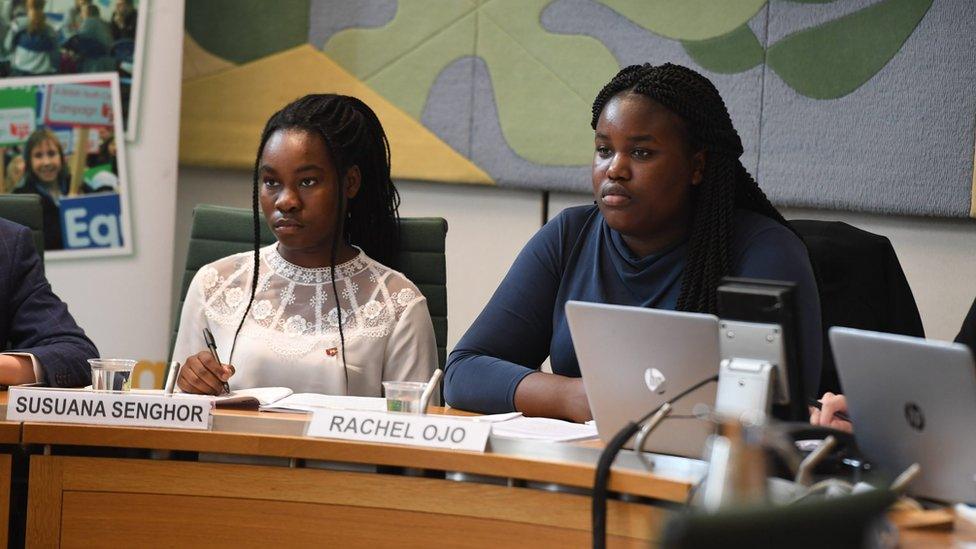Coronavirus: Concerns Covid could cause rise in serious youth violence
- Published
Kevin works for the Violent Offender Watch (VOW) team in Edinburgh
The social and economic devastation caused by Covid-19 could lead to an increase in serious youth violence in the UK, MPs have warned.
A Youth Violence Commission report, external says incidents of unemployment, homelessness and trauma sparked by pandemic could impact on vulnerable young people.
It fears 18 Violence Reduction Units in England and Wales could lose funding.
The Home Office says £70m is being spent on the units modelled on a scheme which helped cut crime in Scotland.
BBC Panorama has been investigating how Scotland's VRU - launched in 2005 and the first in the UK - has succeeded in reducing crime.
Karyn McCluskey, the former head of intelligence for Strathclyde Police and one of the founders of the unit, tells the programme they approached youth violence as a health issue, "like a disease".
According to the cross-party Youth Violence Commission, long-term investment is needed in youth services and VRUs but the funding is at risk because of the "economic devastation" caused by the coronavirus pandemic.
Its report, external comes after three years of research into the causes of violence in the UK which concludes that poverty and inequality are "fundamental drivers".
"Given the potential for the impact of Covid-19 to create the types of social conditions in which one might reasonably expect to see increased rates of serious violence, it is imperative that support for these units is not only maintained, but increased," the report says.
"If support and investment is withdrawn from these VRUs - a particular concern given the possibility of austerity measures that may be taken on the back of the economic impact of Covid-19 - the commission fears this would undo much of the hugely important work that has taken place."
The commission says serious youth violence across England and Wales has cost the economy £11bn since 2008 - based on costs to the police, criminal justice system, NHS, victim services, as well as costs from lost economic output and costs associated with physical and emotional harm.
According to its report, the cost of running 18 regional VRUs for 10 years is £350m.
'Treat offenders with compassion'
Talking about the type of young offenders helped by Scotland's VRU, Karyn McCluskey says: "You're brought up in an angry, aggressive home, so you almost become infected… So we started to look at it like, what would prevention look like?"
This public health approach aimed to treat offenders with compassion and offering them more support, in the hope that they could bring down levels of violence.
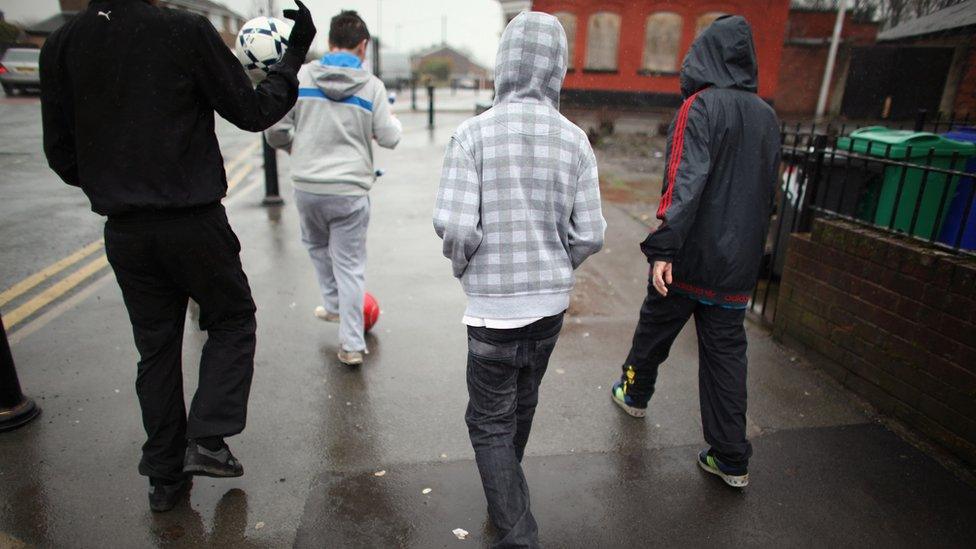
In 2005, there were 39 homicides in Glasgow alone. The police cracked down on Glasgow's gangs, with increased stop and search and tougher sentences, but also decided to look at the causes as well. Over the next 14 years, homicides in Glasgow fell from 39 to 11 in one year.
However, in recent years there has been a small increase in violence after a decade of steep falls.
Kevin Neary works with the Violent Offenders Watch, a Police Scotland initiative to partner police officers and former convicts in order to reach out to young offenders.
As a former armed robber and heroin addict himself, Mr Neary helps offenders keep out of prison.
He says most young offenders had experienced childhood trauma such as separation or loss of parents through bereavement.
"What we're doing is not a soft justice; it's not a soft approach, it's a caring and compassionate approach."

Analysis
By Kate Silverton, presenter of Panorama's How Scotland Cut Violent Crime
The founders of the VRU believe that in order to tackle the root causes of violent crime, it needed to not just be a criminal justice issue but something much broader and tackled collaboratively across education, health and prisons.
During my filming for the Panorama documentary, it became clear to me that this "joined-up" approach is essential to its effectiveness.
The people I met believe that we need to understand that children will be much more likely to "act out" the violence they themselves experienced or observed and that they need access to counselling, education and training.

You can watch BBC Panorama's How Scotland Cut Violent Crime on BBC iPlayer
- Published13 July 2020
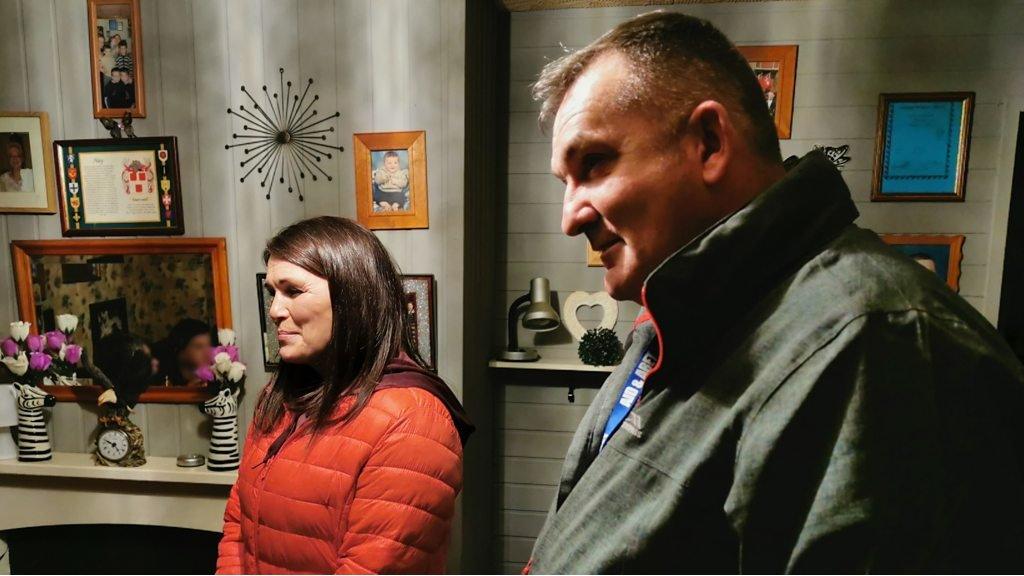
- Published4 June 2020
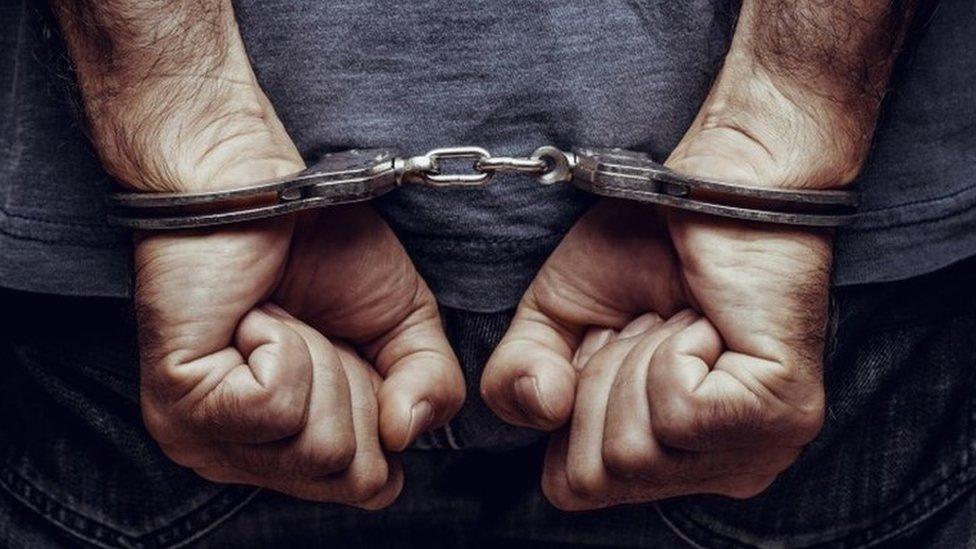
- Published15 July 2019
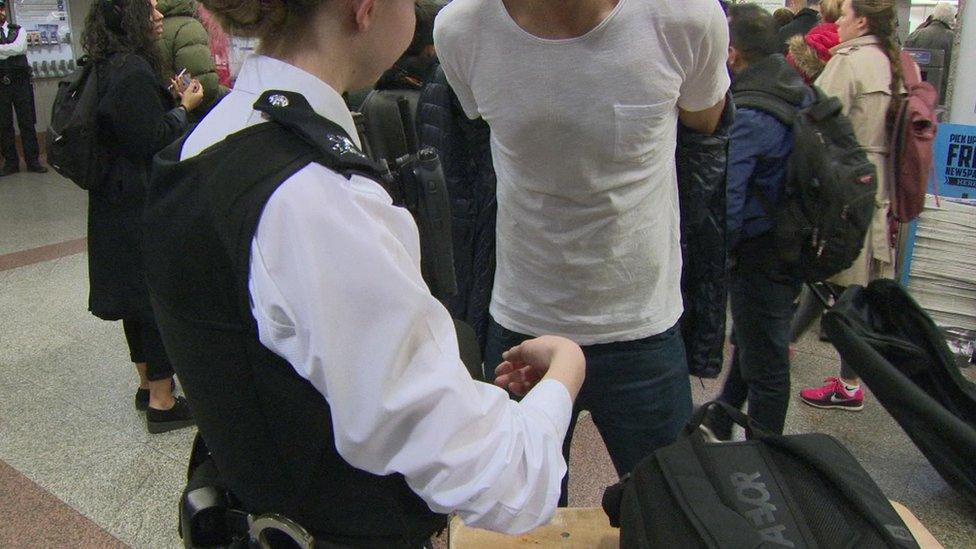
- Published4 March 2019
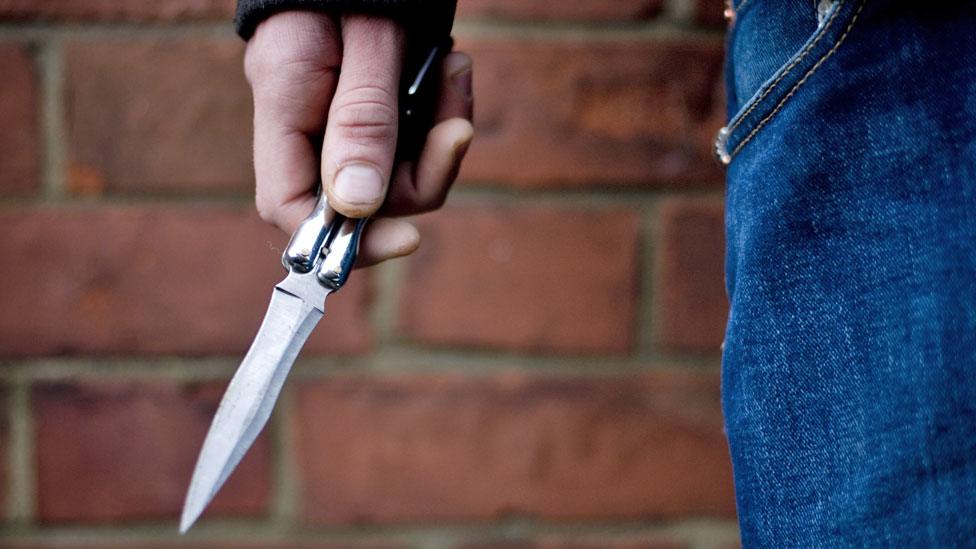
- Published2 October 2019
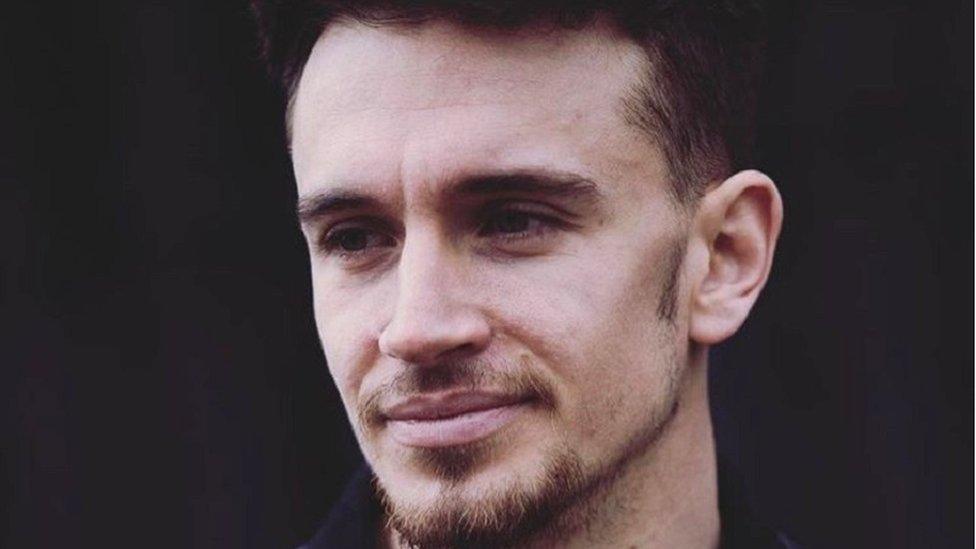
- Published5 August 2019
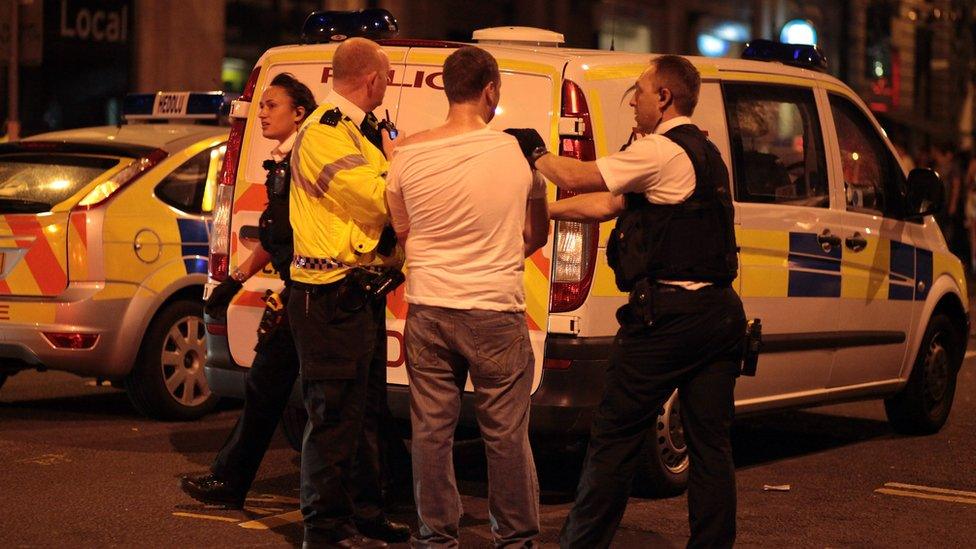
- Published19 June 2019
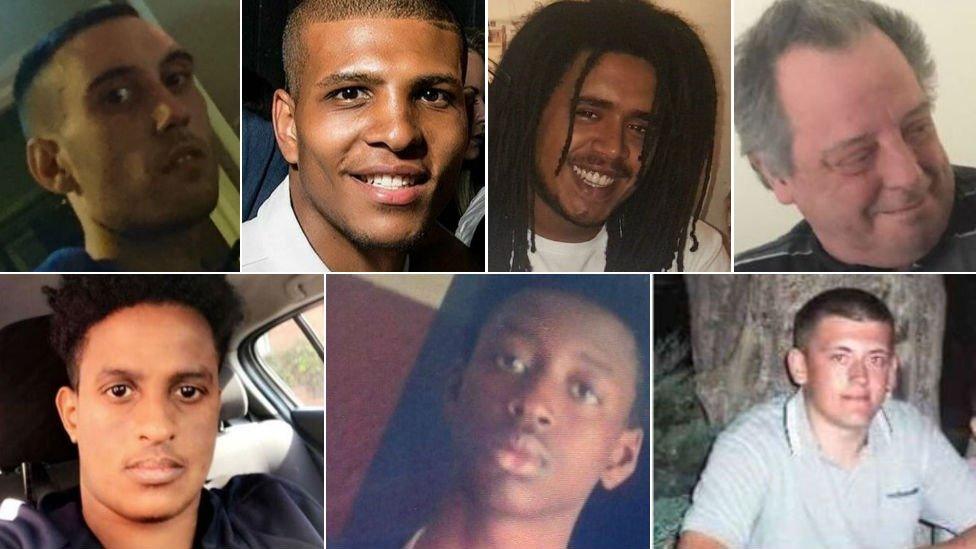
- Published12 February 2020
